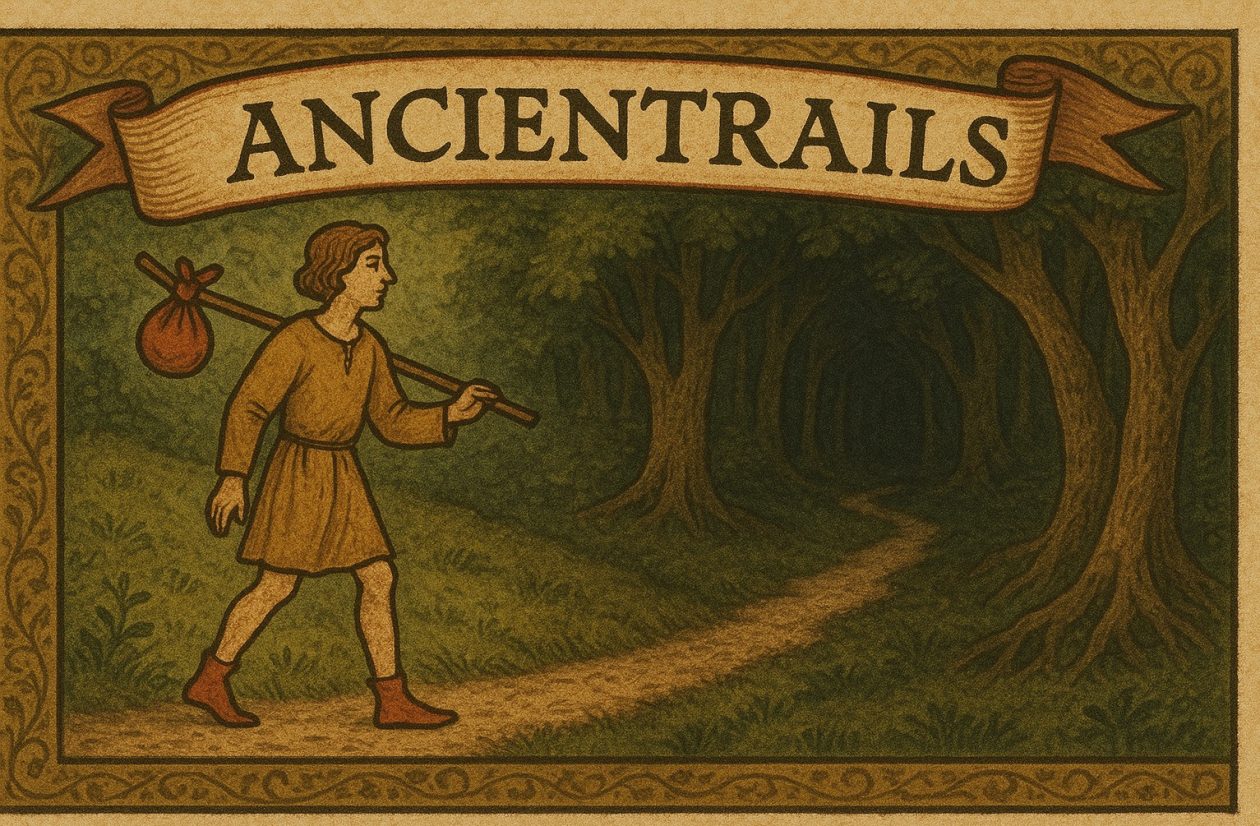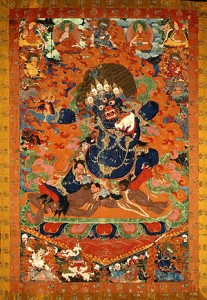Spring Mountain Spring Moon
Wondering about retirement, about the third phase, not from an abstract notion of this journey now, but from within it, on the path. I notice things like this. A weather blog I follow talks about the decadal oscillations (Atlantic and Pacific) that have a determining effect on drought patterns in the U.S. When the author says these may not change their influence until 2035, I quickly calculate. 92. That means I may live in the forest fire red zone knowing only drought conditions.
Work. I commented here about work, about Latin and writing, gardening and beekeeping as work. And it’s true that I experience them that way. When I call them work though, I sometimes find myself confused. Am I retired or am I working? Yes seems to be the answer. Perhaps I need a new paradigm.
What came to me as I wrote that last sentence was the Hindu notion I mentioned a while back, action without attachment to results. From within that idea it doesn’t matter, working or retired. Both. The doing, the acting carries the meaning, not the end. Related I think to the idea of the journey as the destination.
Yet, I admit that the culture comes up inside me, makes me wonder about the wasted years, all that time since leaving the church, now 25 years. What have I done? Which really means, of course, besides being alive how have you contributed to the world? I was taught, in that it’s obvious, it’s the way it is manner that culture defines for us, that work means results. A man is his attachment to results and the results make the man.
Results mean new law, building affordable housing, organizing citizen based power to balance philanthropic concentrations of wealth and to alleviate the pains of vast unemployment in Minnesota. Those were results a man could claim and in claiming lay down evidence as to his worth.
But. What if the novel doesn’t sell? What if the effort to market work is so weak that it never really has a chance? Does that invalidate the writing, the patience, the persistence necessary to conceive, execute, revise? Then, if the action does not have the expected result, does it come crashing down on the man, rendering him less a man?
Some days it feels like the answer is yes. If there is no book on the shelf with my name on the cover, then I am less of a man. If in writing, I have taken energy away from the political work which gave me tangible results, then I have contributed less than I could have. Have I allowed fear to dominate my marketing work over the last 25 years? Fear that I would be rejected time and again. Possibly. Does that erase the novels and short stories I have written? Or, to put it in the most blunt way possible, has it called into question all the “work” I’ve done in the past two decades and a half?
Some days it feels like the obvious answer is no. What is the result of loving a woman? What is the outcome of raising a child? Where is the success in a flower bed or a dog? All these most important actions rely not on the actions of the man, or at least not solely. Loving a woman does not make her a better woman, does not create an achievement. Raising a child, though important, does not make the child. Children make themselves, influenced no doubt by the parent, but still, the responsibility is theirs. The same with grandchildren. Flowers and vegetables grow, too, again perhaps aided by the gardener, but it is their task to produce a bloom or a fruit or vegetable. Dogs live their lives in the orbit of the humans who love them, but their life is the result and who can claim ownership of life itself?
Another angle. The taking in of knowledge, developing understanding, all the reading and attending to cultural artifacts like art, theater, chamber music, movies, what does that amount to? What is the result, the thing that matters? Is there any point to it all?
Not to mention that I have made almost no money for the last 25 years. Not none, but not enough to count.
As I write this, see it laid out on the page, though, I’m inclined toward compassion, toward acceptance of the man who has done what he has done with as much energy and passion as he has, a man who has stayed faithful to his wife, his son, his stepson and his family, dogs, gardens, bees, who has remained constant in following his inner path regardless of the outcomes.
Bill Schmidt’s find of this poem says what I feel better than I express it myself:
Love after Love
The time will come
when, with elation,
you will greet yourself arriving
at your own door, in your own mirror,
and each will smile at the other’s welcome,
and say, sit here. Eat.
You will love again the stranger who was your self.
Give wine. Give bread. Give back your heart
to itself, to the stranger who has loved you
all your life…


